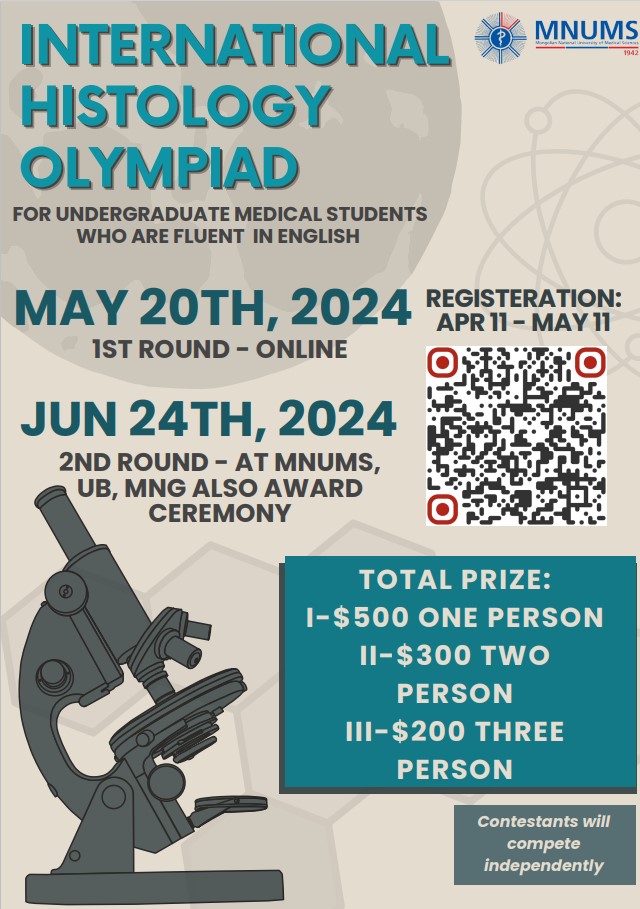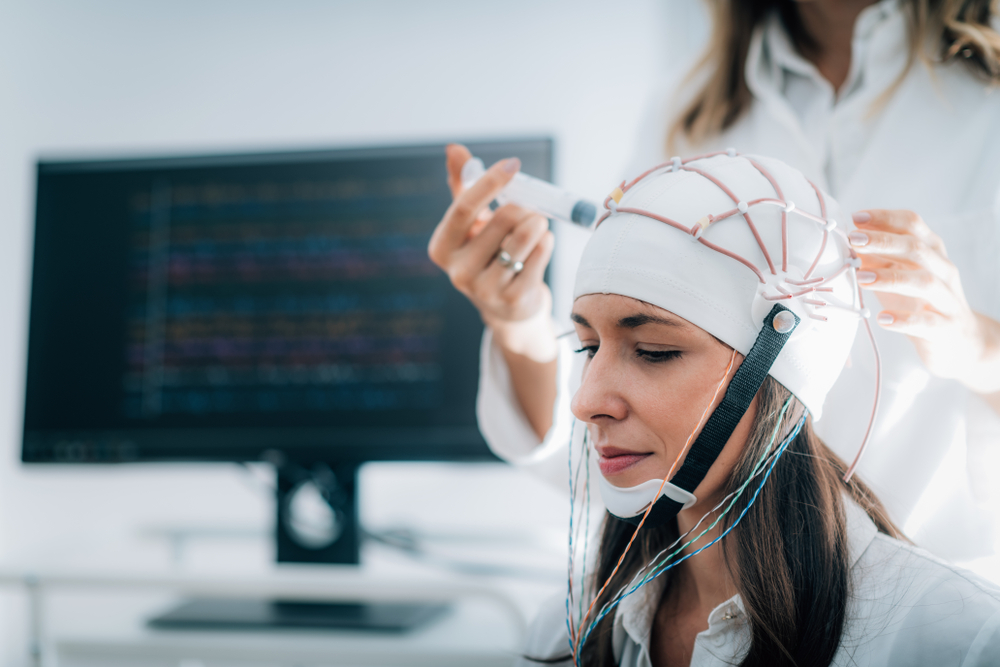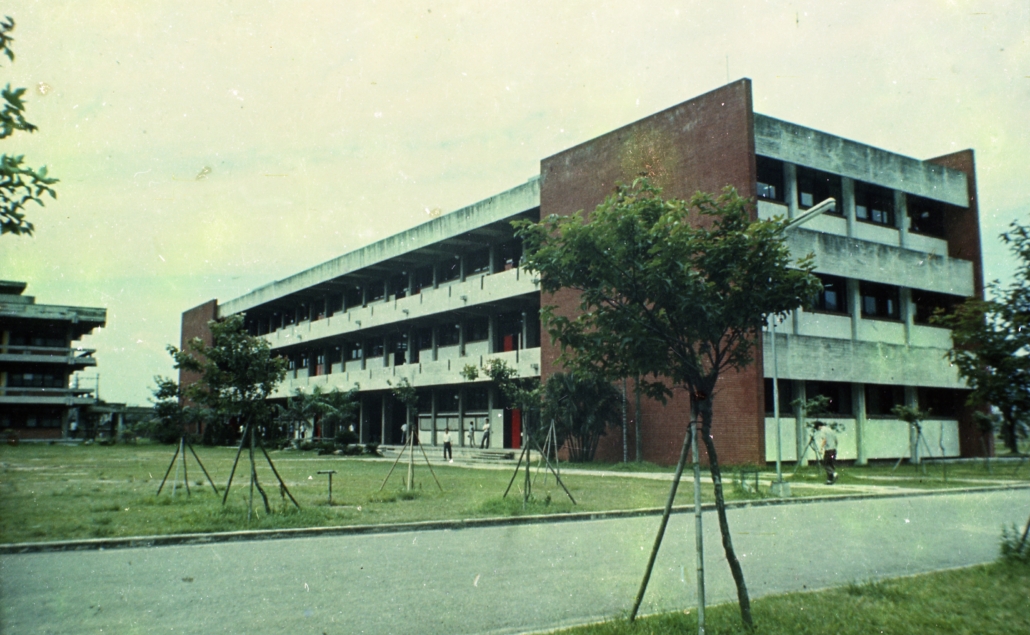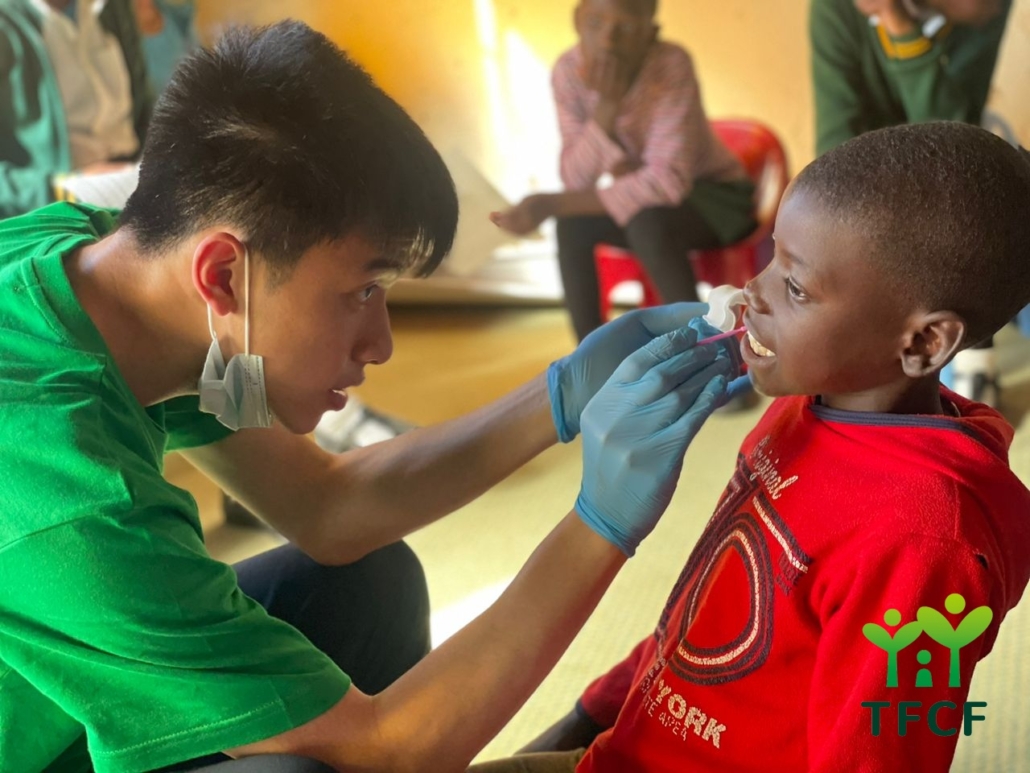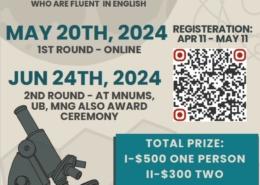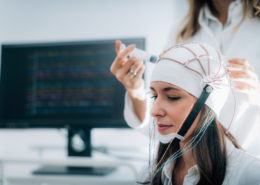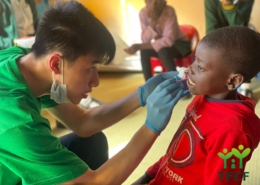TMU team develops artificial empathy to raise drug safety
Source: College of Medical Science and Technology
Published on 2019-07-22
This plan plans to use emotion algorithms to develop artificial empathy for medical application purposes. Through analyzing expression, tone, and body language, as well as physiological data such as heart rate during doctor-patient interactions to understand underlying psychological information, immediate responses can be given to doctors to remind them to change their behavior so patients can feel they’re being understood and are valued. The plan shall develop clinical applications connecting databases from several countries, and provide these databases to the academic community for more in-depth research.
When a person or family member is ill, physical and psychological pain are compounded by the need to learn new skills to deal with the disease. The biggest impacts are lifestyle changes and lower quality of life. Feeling helpless and anxious, patients become more sensitive and fragile than usual. Under such circumstances, the patients and family members often place their hopes in medical personnel, and any and all response from medical personnel is magnified and closely examined.
Did you know? |
| An average of 1 million prescriptions are filled in Taiwan every day, representing an enormous volume of work. In each short consultation session, health professionals face patients with different problems and anxious family members. It can be hard to know how to approach every interaction; every sentence and action has to be said and performed with care. No matter how passionate or thoughtful, there is bound to be a time when personnel will feel fatigued. |
Empathy during doctor-patient interactions requires doctors to put themselves in the shoes of their patients as well to use medical expertise to assess cases. Only in this way can doctors enhance the patient’s motivation and confidence to follow their advice. In combination with early detection technology, medical errors can be reduced. The AI for Earlier and Safer Medicine Worldwide project increases empathy using artificial intelligence.

Artificial Intelligence for Earlier and Safer Medicine Worldwide

